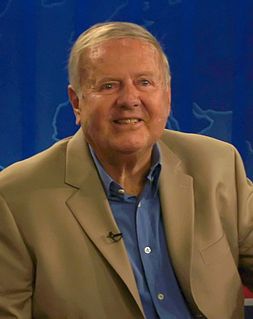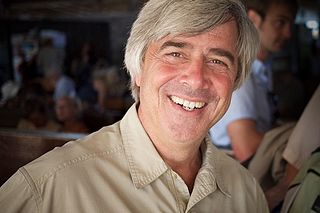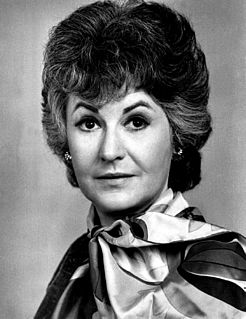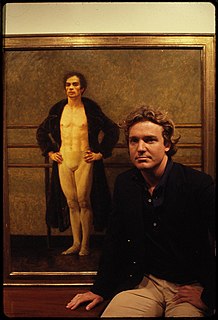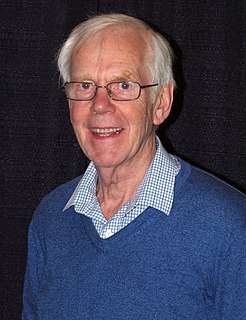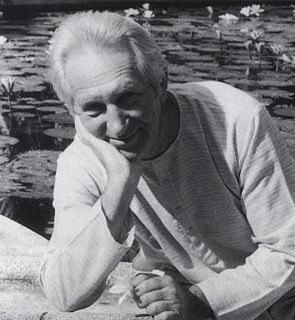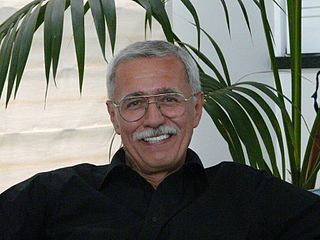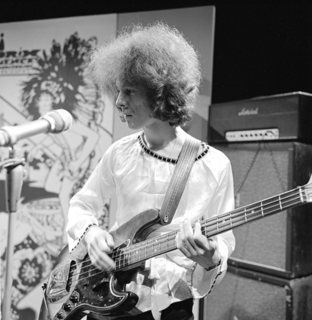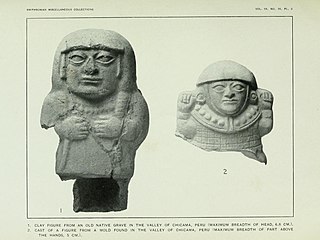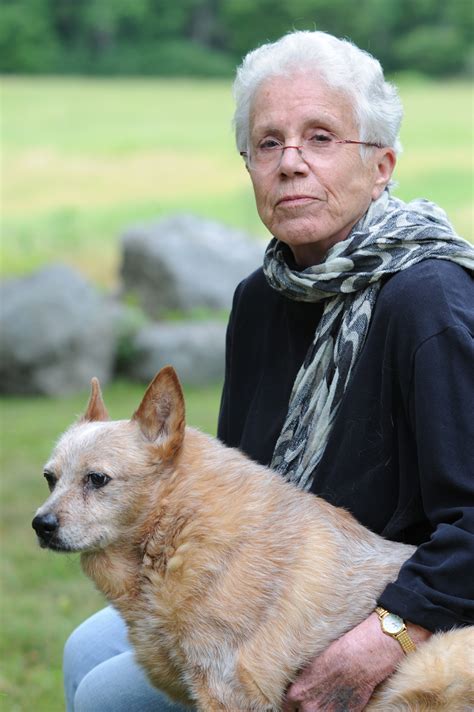Top 1200 Animals In Nature Quotes & Sayings - Page 5
Explore popular Animals In Nature quotes.
Last updated on December 18, 2024.
Our very name for God's Creation is NATURE, for that is what Nature is. I shall define Nature for you in simple words. Nature is an electric wave thought image of God's nature, electrically projected from His formless and unconditioned ONE LIGHT into countless many forms of conditioned light which we call matter.
Not only are animals unable to avail themselves of language to assert their own rights, but many fewer humans have a clear sense of kinship with animals than have a clear sense of kinship with other humans. Among beings with subjective states of awareness, animals are the untouchable caste, those whom human others would rather not acknowledge, let alone render assistance.
PETA doesn't want stressed animals to be cruelly crowded into sheds, ankle-deep in their own crap, because they don't want any animals to die ever and basically think chickens should, in time, gain the right to vote. I don't want animals stressed or crowded or treated cruelly or inhumanely because that makes them probably less delicious.
Typically, defenders of experiments on animals do not deny that animals suffer. They cannot deny the animals' suffering, because they need to stress the similarities between humans and other animals in order to claim that their experiments may have some relevance for human purposes. The experimenter who forces rats to choose between starvation and electric shock to see if they develop ulcers (which they do) does so because the rat has a nervous system very similar to a human being's, and presumably feels an electric shock in a similar way.
99% of our uses of animals, including our numerically most significant use of them for food, do not involve any sort of necessity or any real conflict between human and nonhuman interests. If animals matter morally at all, then, even without accepting a theory of animal rights, those uses of animals cannot be morally justified.
Eating, drinking, dying - three primary manifestations of the universal and impersonal life. Animals live that impersonal and universal life without knowing its nature. Ordinary people know its nature but don't live it and, if they think seriously about it, refuse to accept it. An enlightened person knows it, lives it, and accepts it completely. He eats, he drinks, and in due course he dies - but he eats with a difference, drinks with a difference, dies with a difference.
English literature, from the days of the minstrels to the Lake Poets,--Chaucer and Spenser and Milton, and even Shakespeare, included,--breathes no quite fresh and, in this sense, wild strain. It is an essentially tame and civilized literature, reflecting Greece and Rome. Her wildness is a greenwood, her wild man a Robin Hood. There is plenty of genial love of Nature, but not so much of Nature herself. Her chronicles inform us when her wild animals, but not the wild man in her, became extinct.
Today's fishing industry supplies land farms with fish as well. Over fifty percent of the fish caught is fed to livestock on factory farms and "regular" farms. It is an ingredient in the enriched "feed meal" fed to livestock. Farm animals, like cows, who by nature are vegans, are routinely force-fed fish as well as the flesh, blood, and manure of other animals. It may take sixteen pounds of grain to make one pound of beef, but it also takes one hundred pounds of fish to make that one pound of beef.
The stars awaken a certain reverence, because though always present, they are inaccessible; but all natural objects make a kindred impression, when the mind is open to their influence. Nature never wears a mean appearance. Neither does the wisest man extort her secret, and lose his curiosity by finding out all her perfection. Nature never became a toy to a wise spirit. The flowers, the animals, the mountains, reflected the wisdom of his best hour, as much as they had delighted the simplicity of his childhood.
We do not need to invent sustainable human communities. We can learn from societies that have lived sustainably for centuries. We can also model communities after nature's ecosystems, which are sustainable communities of plants, animals, and microorganisms. Since the outstanding characteristic of the biosphere is its inherent ability to sustain life, a sustainable human community must be designed in such a manner that its technologies and social institutions honor, support, and cooperate with nature's inherent ability to sustain life.
Animals love. They love their being. They strive to survive, to celebrate, to propagate . So certainly something we learn from animals is love. To survive and to celebrate, propagate and to love life. To be the best we can be - the right to be here and the responsibility to be the best dog or bear or horse that they can be. Humans have the tendency to self pity that other animals don't indulge in.
To be nonviolent to human beings and to be a killer or enemy of the poor animals is Satan's philosophy. In this age there is always enmity against poor animals, and therefore the poor creatures are always anxious. The reaction of the poor animals is being forced on human society, and therefore there is always strain of cold or hot war between men, individually, collectively or nationally.
If that hideousness came here, it wouldn't be any more hideous for the animals — they are all bound for a ghastly death anyway. But it would wake up consumers... I openly hope that it comes here. It will bring economic harm only for those who profit from giving people heart attacks and giving animals a concentration camp-like existence. It would be good for animals, good for human health and good for the environment.
Nature is seen by humans through a screen of beliefs, knowledge, and purposes, and it is in terms of their images of nature, rather than of the actual structure of nature, that they act. Yet, it is upon nature itself that they do act, and it is nature itself that acts upon them, nurturing or destroying them.
A highly developed moral nature joined to an undeveloped intellectual nature, an undeveloped artistic nature, and a very limited religious nature, is of necessity repulsive. It represents a bit of human nature a good bit, of course, but a bit only in disproportionate, unnatural and revolting prominence.
We are social animals. We like to feel a part of something of beauty and power that transcends our insignificance. It can be a religion, a political party, a ball club. Why not also Nature? I feel a strong identity with the world of living things. I was born into it; we all were. But we may not feel the ties unless we gain intimacy by seeing, feeling, smelling, touching and studying the natural world. Trying to live in harmony with the dictates of nature is probably as inspirational as living in harmony with the Koran or the Bible. Perhaps it is also a timely undertaking.




